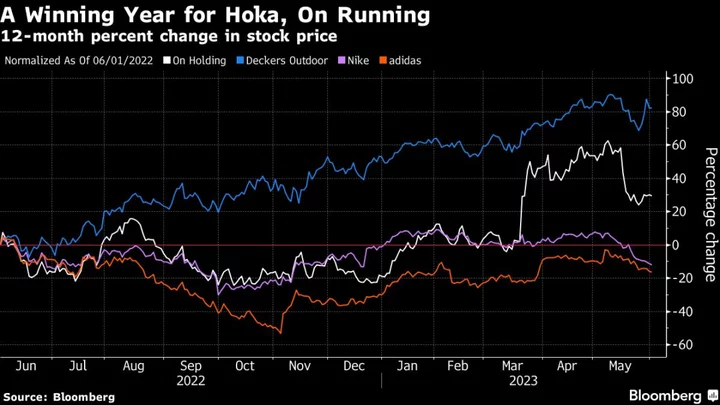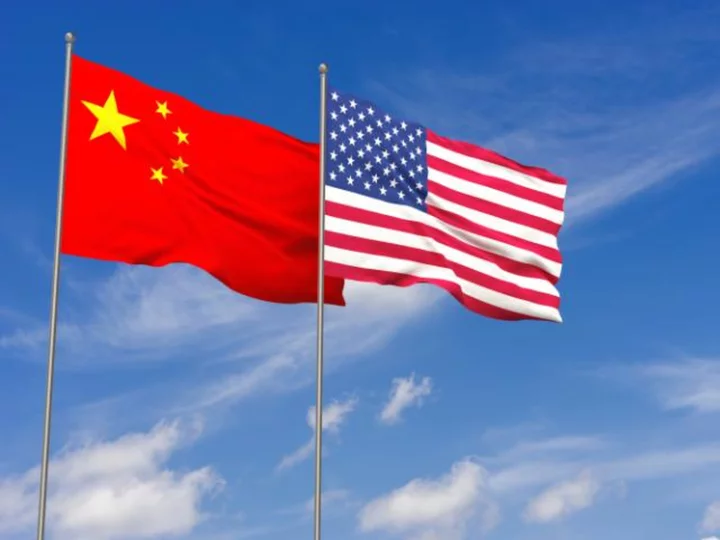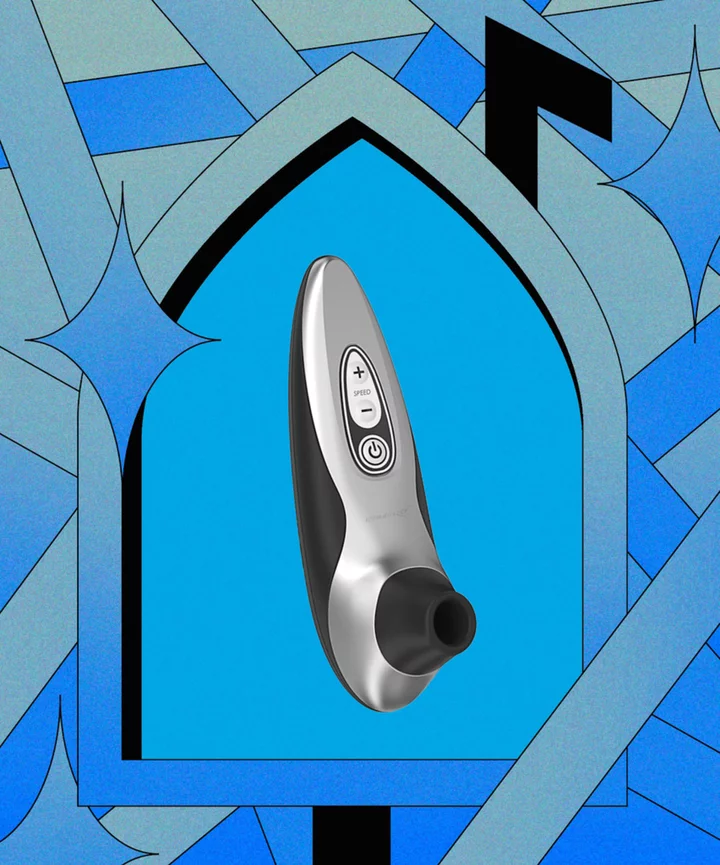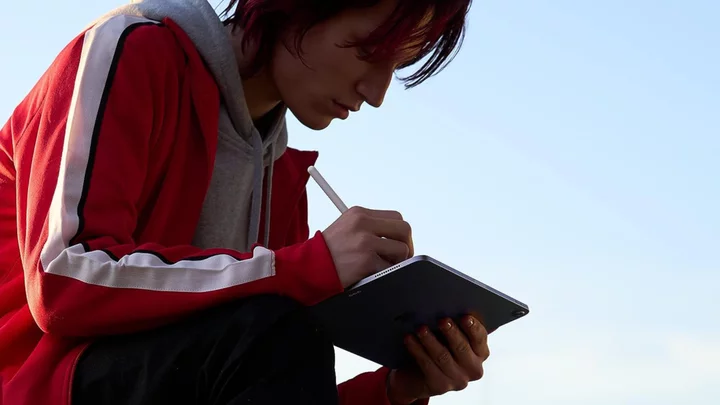The stocks of small athletic shoe brands are poised to keep gaining, beating out their globally-recognized peers, even as the US faces weaker consumer spending and a potential recession, Wall Street analysts say.
Shares of Hoka owner Deckers Outdoor Corporation have skyrocketed 82% in the last year while Swiss-based On Holding AG, the parent of On Running, gained 29%. In the same period, Nike Inc. slumped 12% and Adidas AG fell 17%, weighed down by inventory issues, China’s reopening delays and for Adidas, an expensive falling out with major partner Ye, the rapper previously known as Kanye West.
Analysts see this outperformance continuing as solid products and a steady trend in athletic apparel give Hoka and On Running room to expand.
“Within the word of athletic apparel, footwear and accessories is probably one of the best trends out there,” and Hoka and On Running “are two of the brands that are best capitalizing on that trend,” UBS Securities analyst Jay Sole said.
A Winning, Lasting Product
Both Hoka and On Running have well-liked, innovative products that are difficult for competitors to match, Wedbush analyst Tom Nikic said.
The key for both is their insole technology. Hoka’s are highly cushioned and designed to improve momentum, while On Running’s CloudTec is meant to feel light and responsive and adapt to the runner’s foot over time.
“It’s not just that people want a shoe that looks like an On shoe, they want it to feel like an On shoe and that’s hard to replicate,” he said. On Running reported record sales up 78% year-over-year in its first quarter earnings in May, and Hoka was the main driver of Decker’s record $3.6 billion revenue for full-year fiscal 2023.
This differs from peers such as Vans, whose parent company VFC Corp shed 66% in the last year. The company’s skate shoes were popular in 2018, but a lack of product innovation has weighed on the brand since then, Nikic said.
Hoka and On Running are beneficiaries of casualization, a pandemic-trend that’s stuck around, Piper Sandler Cos. analyst Abbie Zvejnieks said. A prime example is wearing athletic shoes to the office — Hokas especially have become more prominent fashion statements.
“They might be elevated sneakers, but they’re still sneakers, because you want to be comfortable,” she said.
To be sure, Adidas recovered some of its 2022 slump and is up 18% so far this year. Still, the stock is under pressure as most analysts covering have neutral ratings on the brand. And at roughly €163 per share, it’s well below its all-time high of €336 hit in 2021.
Growth Potential
Size is a big part of Wall Street’s bullish view. Both Hoka and On Running are expanding shoe lineups, branching out into apparel and increasing distribution in stores just as competitors like Nike and Adidas are slimming down where they send inventory.
Roughly 77% of analysts covering On Holding have a buy-equivalent rating, and the average price target forecasts a roughly 26% gain, according to data compiled by Bloomberg. Hoka parent Deckers boasts a more than 80% buy rating from analysts who see an average upside of 11% for the stock.
“They’re still small enough that they can really deliver a lot of growth just by taking market share,” Sole said, adding that this also shields the companies from macroeconomic trends that weigh on peers.
A model for what Hoka and On Running brands could become is Lululemon Athletica Inc., which expanded from offering women’s yoga leggings to a wide range of athletic apparel including other sports, men’s offerings and even shoes, Nikic said. Lululemon is also buy-rated by most analysts covering it and expected to report sales growth in its first quarter earnings release, due June 1 after market close.
On the flip side, Nike may struggle to grow, according to Williams Trading analyst Sam Poser, who in May, gave the company a rare sell rating and street-low price target of $95.
Read more: Nike Slips as Williams Trading Cuts to Sell on US Business Woes
Poser cited a choppy turnaround in China, a lack of preparation for the return to in-person shopping and increased promotions that could further erode margins for the retailer, especially if new 2024 inventory doesn’t deliver.
“Nike’s game today is not as good as it was 5 years ago,” he wrote in a note.









